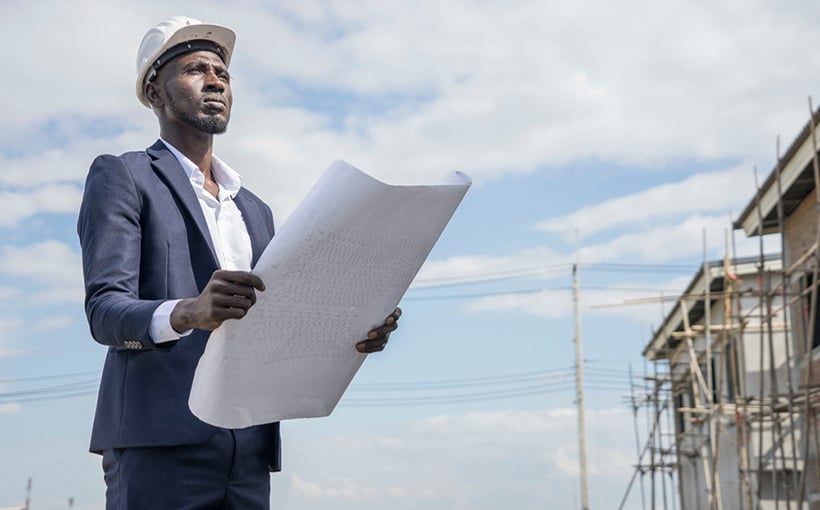Insufficient capital can hinder even the most ambitious developer’s plans. Limited liquidity decreases the chances of a project taking off. According to a recent article published by Urbanland, this is an even greater challenge for Black developers who often face competition from those with generational wealth, extensive real estate development experience, and biased perceptions. As a result, securing capital becomes increasingly difficult.
The article features insights from Black developers such as Malcolm Johnson of Langdon Park Capital and Thomas Webster of Black Squirrel Collective. They highlight how their lack of perceived experience leads to less respect in the eyes of financial institutions when seeking funding for projects in lower-income communities that are often more distressed.
Tyrone Rachal from Urban Key Capital Partners suggests that equity investors should be patient when working with diverse developers in these situations. Michael Collins from Grayson Capital explains how unfamiliarity with certain submarkets causes fear among financial institutions and discourages them from investing unless there is already a solid deal on hand.
The article also addresses other challenges faced by Black developers such as unfairly assessed risks and stigma against low-income housing projects.
However, there are some positive changes happening within funding programs aimed at supporting diverse developers like Wells Fargo’s $30 million investment into the Growing Diverse Housing Developers program which works with 27 established diverse builders. Community Development Financial Institutions are also starting to respond to the needs of these groups while Bank Of America has partnered with Enterprise Community Partners to invest $30 million each into loans and equity financing through their Equitable Path Forward initiative which aims at promoting racial equity in housing while increasing access to capital for black developers specifically.
To overcome these challenges, it is important for black developers like Derrick Tillman (Bridging The Gap Development)and Deborah La Franchi (SDS Capital Group)to establish alternative sources income before spearheading any major projects so they have enough cash flow until profits start rolling in – building both credibility & capital being key. Additionally, building relationships with other developers of similar scale and seeking their advice on how to raise equity for first-time deals can also be beneficial according to Deborah La Franchi.




